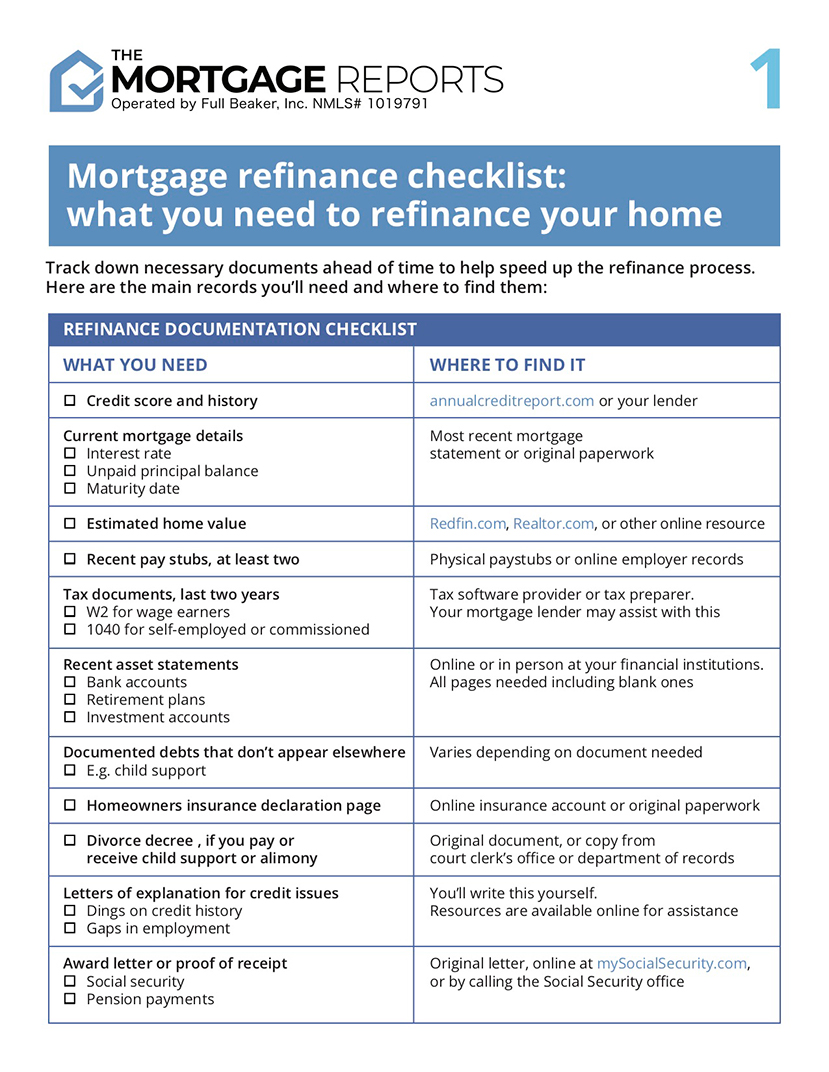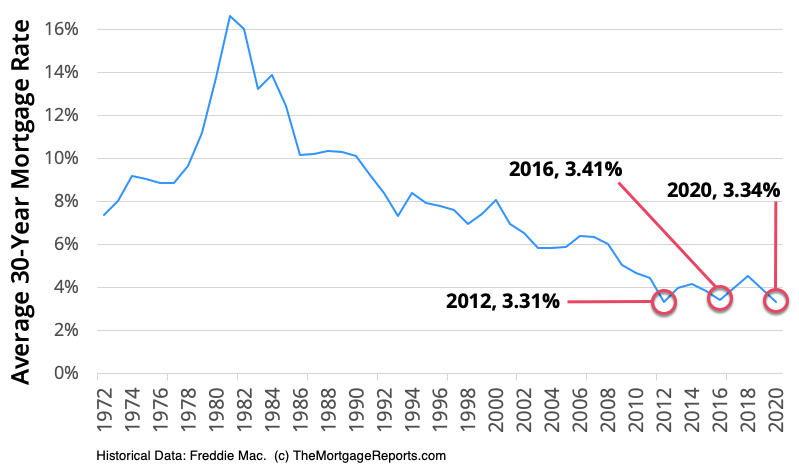The Buzz on How Do Assumable Mortgages Work
A few of the most typical kinds of home mortgages include: With a fixed-rate mortgage, the rate of interest is the exact same for the whole regard to the home mortgage. The home mortgage rate you can certify for will be based on your credit, your deposit, your loan term and your loan provider. A variable-rate mortgage (ARM) is a loan that has a rates of interest that changes after the very first several years of the loanusually 5, seven or 10 years.
Rates can either increase or decrease based on a range of aspects. With an ARM, rates are based upon an underlying variable, like the prime rate. While debtors can theoretically see their payments go down when rates change, this is very uncommon. Regularly, ARMs are used by people who don't prepare to hold a property long term or plan to refinance at a set rate before their rates change.
The federal government offers direct-issue loans through government companies like the Federal Housing Administration, United States Department of Agriculture or the Department of Veterans Affairs. These loans are generally created for low-income householders or those who can't pay for large down payments. Insured loans are another type of government-backed mortgage. These include not simply programs administered by agencies like the FHA and USDA, however likewise those that are provided by banks and other lending institutions and then sold to Fannie Mae or Freddie Mac.
Jumbo loans are similar to the conforming loans that are sold to Fannie and Freddie, however with one key difference: They exceed the maximum loan amount for adhering loans. For most areas in the U - how home mortgages work.S., any home mortgage that goes beyond $510,400 is a jumbo loan and might include specific restrictions or greater rates of interest ($ 765,600 is the threshold in high-cost areas).
Some Ideas on How Does Interest Rates Work On Mortgages You Should Know
These loans are said not to be fully amortizedthe payments on the loan are structured for a schedule that lasts longer than the loan term. When the loan term on this type of home loan ends, you'll be required to make a balloon payment. These balloon payments are often re-financed so you don't have to pay it off at one time, but that isn't always an optionif your credit rating decreases, for example.
Typically, the very first step is to recognize the ideal loan provider. Different kinds of loan providers are much better for specific kinds of loans. Each can assist you find the ideal loan based on your goals and situations. All borrowers must go through an official application procedure to get approved for a home mortgage. This process will involve checking your individual credit and financial resources.
The basic actions to receive a home mortgage are: Complete an application Supply an individual financial declaration Supply income paperwork Have the home evaluated Have your home examined Review loan options and terms Close on your loan To get a jump-start on your mortgage application, there are several items that you can collect.
When you request a loan, your application can be rejected for any number of factors. Your debt-to-income ratio may be expensive, or the residential or commercial property you're buying might not be worth more than you wish to obtain. Or, your credit might not be excellent enough to qualify. Any home loan application will need a credit check, so you review your credit report beforehand to ensure your credit is in good condition.
The Best Guide To How Do Interest Rates On Mortgages Work
Purchasing a home can be both a remarkable and demanding process at the same time. But dealing with the huge expenditure of a home in one fell swoop is frequently tough for a specific or household to deal with. That's where mortgages been available in. Generally in exchange for a deposit, a lending institution will give you a mortgage to enable you to finance your house with an interest rate connected.
Comparable to other kinds of loans, mortgages require regular monthly payments a process called amortization whereby you https://www.chamberofcommerce.com/united-states/tennessee/franklin/resorts-time-share/1340479993-wesley-financial-group decrease the financial obligation you owe gradually. The rate of interest you get will be mainly dependent on your credit history, in addition to the size of your initial deposit. Additionally, if you stop paying your home loan, the lender can foreclose on your home.
Deposit requirements differ from loan provider to loan provider and loan to loan, however they typically aren't greater than 20%. The principal balance related to your home mortgage is basically the quantity you owe the lending institution. Lenders won't lend you money totally free. The interest rate you get figures out how much additional you'll pay beyond just your principal balance.
Some examples of these are assessment costs, origination charges and title insurance coverage. Home buyers who lose on their deposit will likely need to purchase home mortgage insurance coverage. how does chapter 13 work with mortgages. Depending upon the type of loan you get, this could come in the kind of personal home loan insurance (PMI) or government loan insurance.
The Single Strategy To Use For How Do Mortgages Work For Custom Houses

The application procedure asks questions about factors like your estimated deposit quantity, employment, yearly earnings, credit history, possessions and financial obligation. This assists the lender identify the optimum loan quantity you can receive and the conditions under which you'll receive it. Residential home loans consist of two key types. These are fixed-rate home loans and adjustable-rate mortgages (ARMs).
A fixed-rate mortgage needs the borrower to pay the exact same interest rate throughout the duration of the loan. Because of this, homebuyers will have the ability to https://finance.yahoo.com/news/wesley-financial-group-sees-increase-150000858.html avoid changing market trends. For the a lot of part, this style of home loan features either a 15- or 30-year term. Some lending institutions may have exclusive terms, though.
Then, depending upon market adjustments, your rate will alter usually on a yearly basis. That makes ARMs substantially more unpredictable than their fixed-rate equivalent. Here are a couple examples of ARMs: The "5" shows your preliminary rate will last for 5 years, while the "1" implies your rate will reset every year.
Aside from standard mortgage types, government agencies provide their own loans to homebuyers. 3 crucial federal government agencies supply these services: the Federal Real Estate Administration (FHA), the U.S. Department of Agriculture (USDA) and the U.S. Department of Veterans Affairs (VA). FHA loans are unique because they allow property buyers to pay just a 3.5% deposit, which is far listed below the standard 20%.
The smart Trick of How Do Fixed Rate Mortgages Work That Nobody is Discussing
In truth, even those who have gone bankrupt can get approved. You can only obtain a USDA loan if you're looking to buy a house in a "rural location," which is designated by the USDA itself. These fixed-rate mortgages typically feature no down payment whatsoever. Since the VA uses these home loans, they are exclusively available to military service-members, retired service-members and some making it through military spouses.
Jumbo loans are non-conforming mortgages. This means that they do not fall within the optimum adhering loan limits federal government firms set. More particularly, loans for single-family houses are topped at $484,350. If your home mortgage exceeds those bounds, you require to make an application for a jumbo loan. If you're prepared to make the delve into homeownership, you'll likely need to get a home mortgage.

There's a vast array of business that fit under this heading, including banks, credit unions and online lending institutions, like Rocket Home loan and SoFi. These lending institutions can then be split into two subcategories: retail lending institutions and direct lending institutions. The only necessary distinction between them is that retail loan providers provide financial products beyond simply home mortgages, while direct lenders focus on mortgages (how reverse mortgages work).
